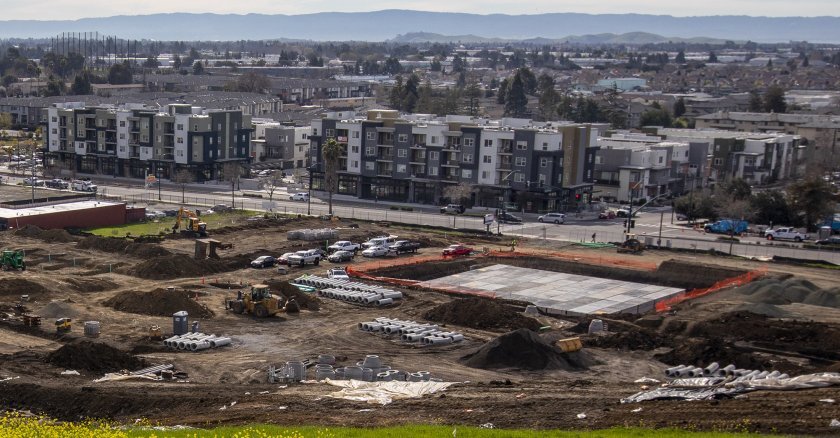With high interest rates and equally high materials and labor costs, the current construction market is crushing even market-rate projects. Looking to the future, local housing and planning departments can and should make the argument now for protecting their affordable-housing spending so the funds don’t get plundered in the upcoming budgetary cycle.
But how best to make that argument? Local governments have decisions to make, which likely will fall into three categories:
• Recapitalize existing projects to shore up funding gaps. Labor shortages and increased materials costs are causing the bulk of the pain here, with more than half of construction firms reporting in a recent survey that they’d had a project postponed or canceled due to rising costs. Covering gaps for in-progress projects that are also political priorities — permanent supportive housing comes to mind — may prove an attractive option to hit the Dec. 31, 2026, expenditure deadline.
• Build capacity through technical and policy assistance. Localities may choose to delay building housing in 2024 and prepare for a more favorable building environment. Parking reform, community land trusts and land banks, and zoning reform are just a few of the policies gaining traction among localities as they seek to better utilize valuable real estate. They may also look to develop plans for public assets such as vacant land, underused buildings and facilities purchased during previous economic downturns.
In these cases, a relatively small spend on building policy capacity will prove a good investment. Consulting partners can help convene policymakers, affordable-housing advocates, developers and local funders to produce a comprehensive housing landscape analysis. Governments could combine much of this work with ongoing competitive federal grant applications funded through the Inflation Reduction Act and the Infrastructure Investment and Jobs Act. However, to comply with Treasury’s guidelines regarding obligating funds, local governments must finalize such contracts by the end of 2024 and will not be able to change them, with a few exceptions.
Localities may be tempted to allocate ARPA funds to technical assistance with timelines that may not match the scope. Zoning reform, for example, may take three to four years to complete, potentially running afoul of the Dec. 31, 2026, expenditure deadline. Local governments should resist the urge to “allocate now and figure out the details later.” These guidelines should also be clearly communicated to contract recipients, who will be bound to the same expenditure deadlines as the local governments themselves.
• Allocate dollars to housing trusts and bridge loan funds. Local governments have allocated an estimated $5 billion for federally supported housing efforts, totaling more than 10 percent of allocated ARPA funds to date. Several localities expanded their affordable-housing trusts, which likely means those ARPA funds will be first-draw dollars for most awarded projects. (This may lead to a consideration of additional gap funding, as described above.)
Another allocation option may be bridge loan funds that can help with opportunities to purchase or rehab existing naturally affordable housing stock, which may become a more appealing option over new construction both in the public and private sectors. In localities where no such fund currently exists, localities may use ARPA dollars to fund the technical assistance needed to create one, while seeding the fund in future years through other revenue sources.
This year is critical for housing funding and policy planning for American localities, at a time when the challenge of producing and retaining affordable housing may seem more formidable than ever. With strategic planning and political consensus to protect previous allocations, local and state governments can reach the allocation and expenditure deadlines without risking outcomes and additional resources.
Colby Sledge is the local policy principal for the Grounded Solutions Network, a national nonprofit focused on affordable housing solutions. He can be reached at csledge@groundedsolutions.org.
Governing’s opinion columns reflect the views of their authors and not necessarily those of Governing’s editors or management.
Related Articles













